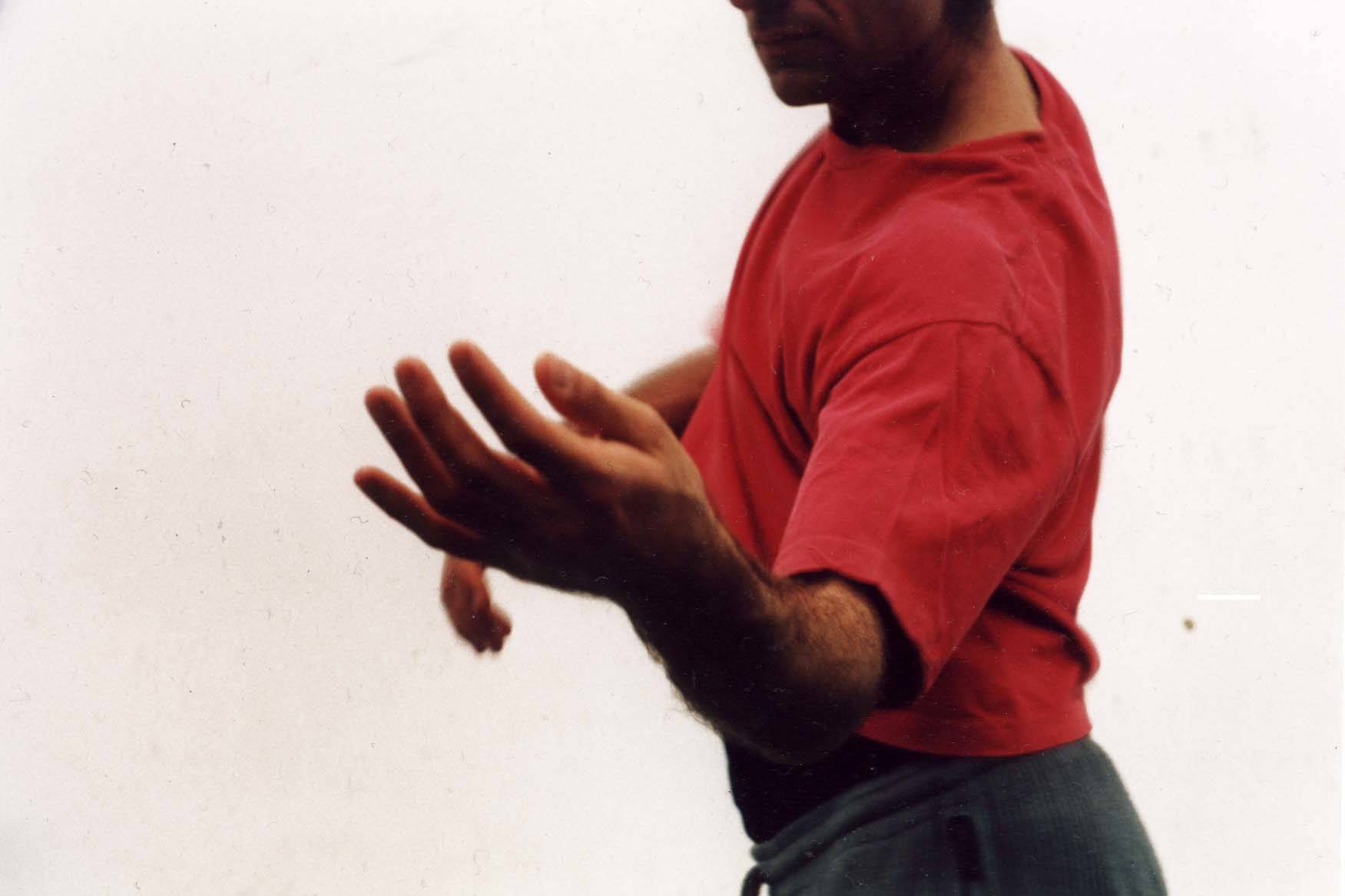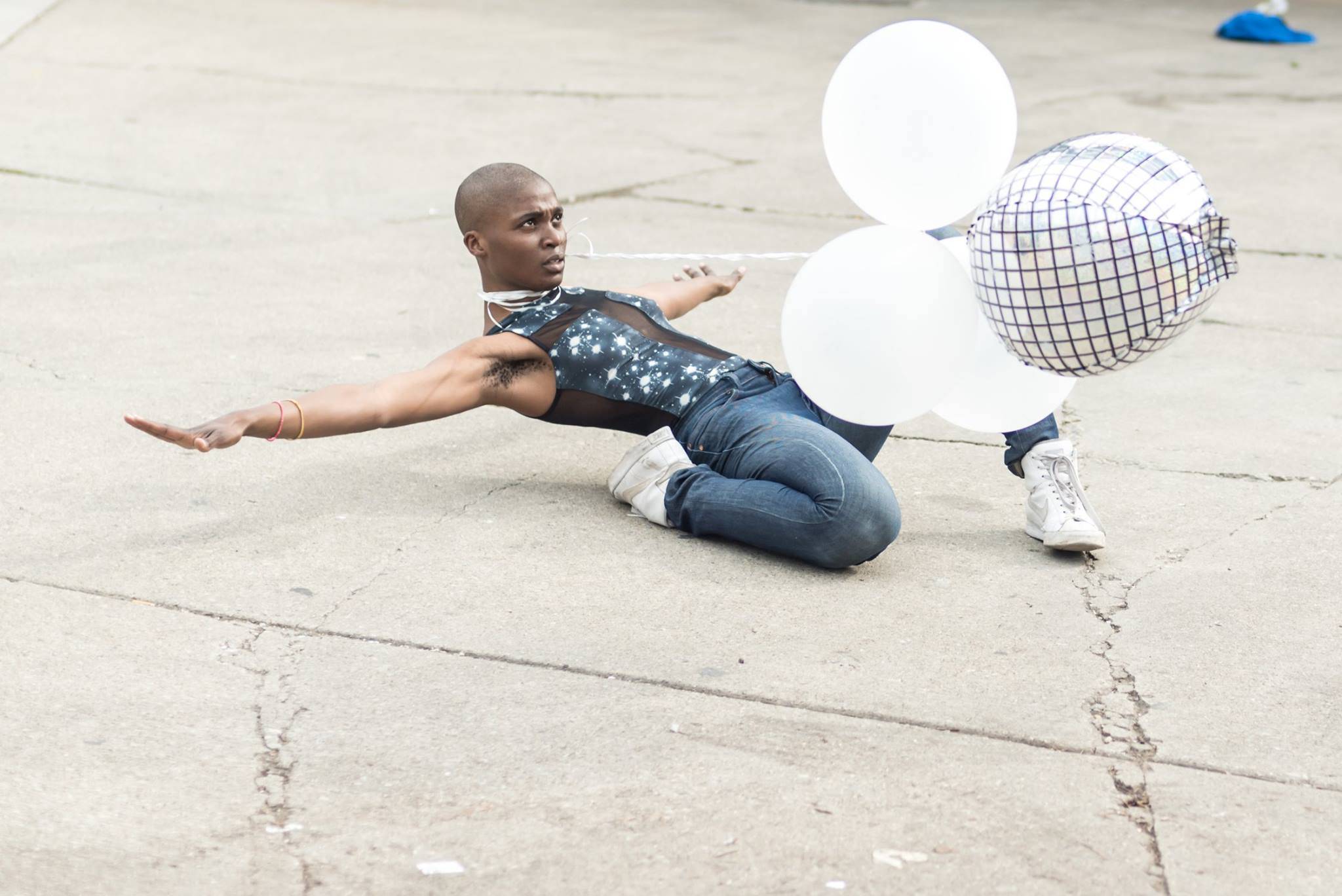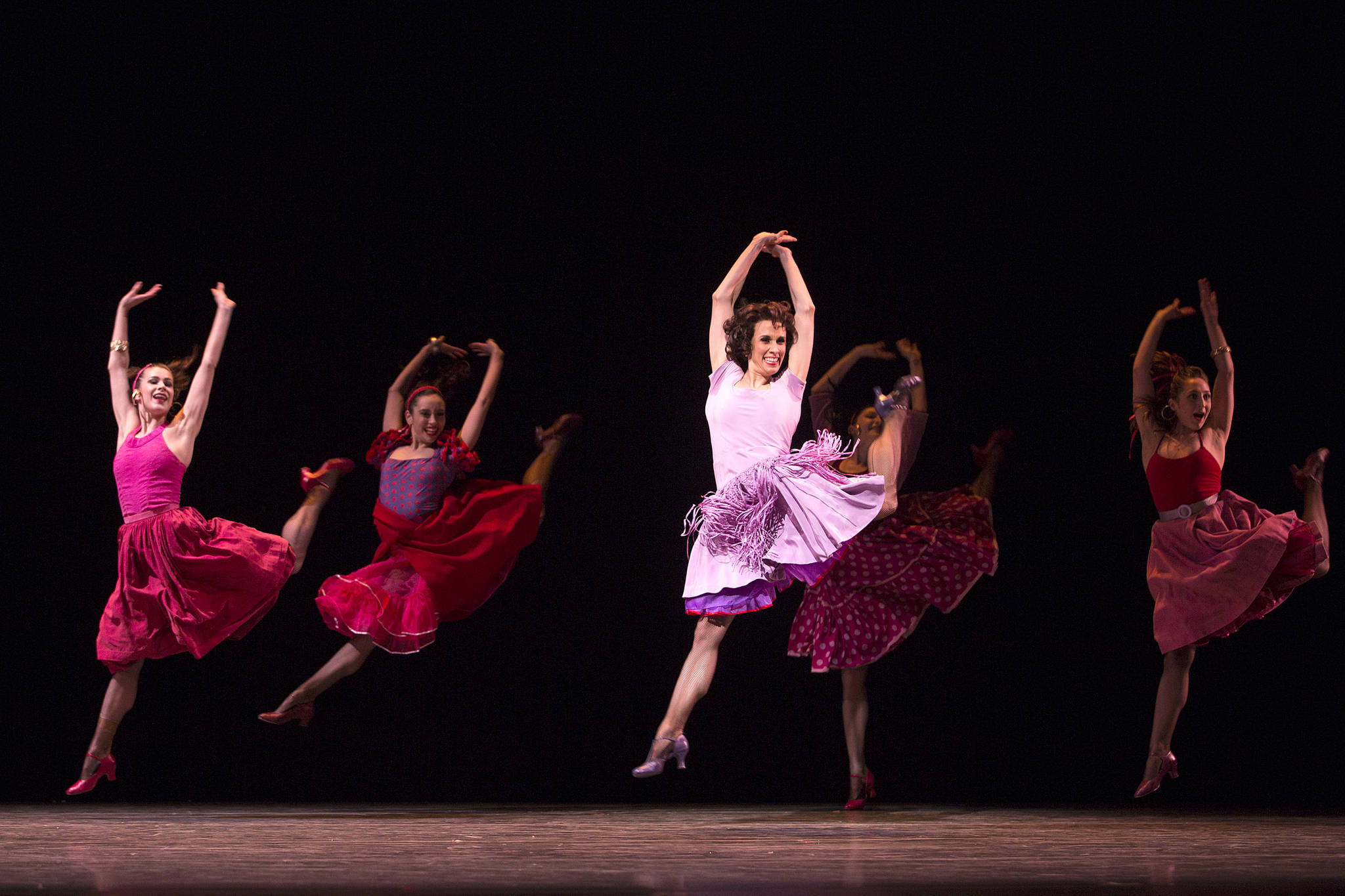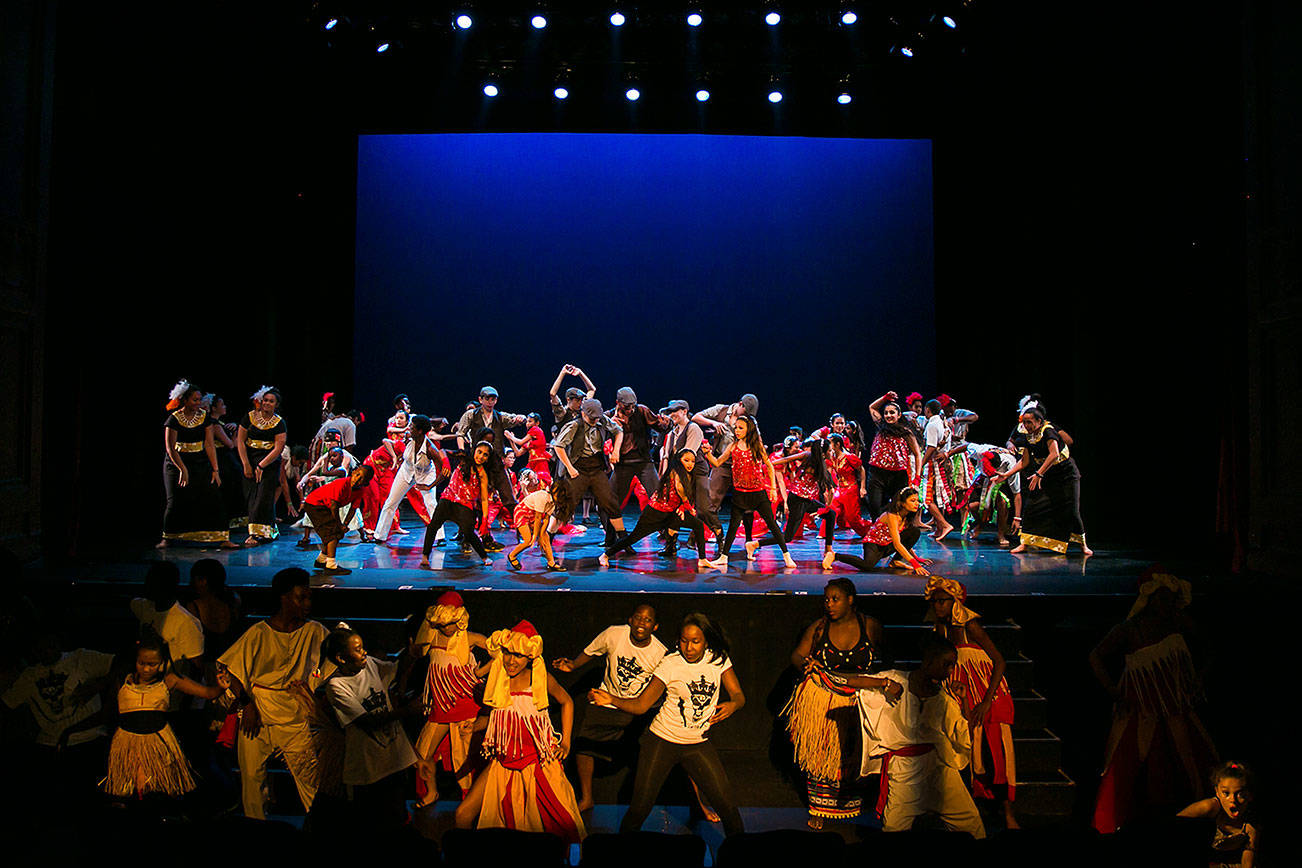FOR THOSE OF US not raised on Hindu mythology, the intertwined plots of the Mahabarata can be simultaneously baffling and exhilarating, like a soap opera about superheroes. Kali, the title and subject of the final program of On the Boards’ New Performance Series, is just one member of the gigantic Hindu pantheon, but her numerous adventures and manifestations exemplify this complexity. Appointed the goddess of death by Brahma, Kali is depicted as both vicious and generous. Wearing a necklace of human heads, she takes evil onto herself, freeing people to experience a more peaceful existence. She chews up advancing armies (literally) and drinks their blood, but she objects to the assignment she’s been given. Kali knows that humans will fear and revile her for the destruction she causes. Compared to this, the ongoing permutations of Days of Our Lives are very small potatoes.
Gamelan Pacifica
June 1-4 at On the Boards
The company bills Kali as an “experimental opera,” but its combination of vocal and instrumental music, dancing and declaiming, also fits the style of traditional Indonesian performance. This cross-cultural collaboration involves writers, directors, composers, choreographers, and performers from the US and Southeast Asia. Jarrad Powell of the Seattle-based Gamelan Pacifica and Tony Prabowo with the New Jakarta Ensemble have created a sound environment that begins with a gamelan ensemble but incorporates Western instrumentations and structures as well. Powell and Prabowo worked together on the 1994 “Visible Religion” at OTB, creating a kind of opera-for-shadow-puppets with elements of music, theater, dance, and worship. Not long after that show they began work on Kali, and since 1996 they’ve been collecting the current group of artists.
The libretto, by Goenawan Mohamad, overflows with grotesque imagery. On the death of Prince Dursasana: “A man came to the fight and slashed him, he ripped his belly open, snatched his heart out, sucked his gore, I saw a woman washing her hair in his blood.” Mohamad is the editor of Tempo, a radical social/political Indonesian newsweekly that was banned by the Suharto government in 1994 and reappeared as an online journal in 1998. Working in the arts alongside his political writing, Mohamad combines contemporary imagery from the current unrest in Indonesia with text and plot from older sources. Kali is a reinterpretation of the ancient stories, not a reconstruction of historical materials.
THE THEME OF reinterpretation continues with the choreography by Mary Sheldon Scott. Although Scott has visited Indonesia along with other American members of the group, spending time with both traditional and contemporary dance artists there, she does not feel that she is trying to make “Indonesian” dance. Instead she is working with the libretto from a more universal perspective, looking at images drawn from nature or human behaviors not specific to a particular culture or time. For Scott, violence and revulsion cross cultural borders just as we would hope other, less destructive, qualities might.
Scott frequently uses the image of subterranean lava flows breaking through the crust when describing both her movement for Kali and her process in creating it. As her dancers twitch and slash, racing through phrases and shapes with an incessant, pounding energy, they possess a certain explosive menace. Toward the end of the work, when the performers are dancing on earth soaked with blood, Scott repeatedly talks about stabbing the ground, almost as if attacking a victim already dead. We see some odd points of tension in shoulders and spines, with the body curled in on itself only to burst out for a moment, shifting our focus into space. All illustrate the ravenous face of Kali as death.
The collaborative process leading to these performances has been long and complex—Indonesian artists have visited here, US participants have traveled there, some of the initial members are no longer with the group. But the image of Kali, an ancient religious figure and a contemporary symbol of human aggression, continues still.








